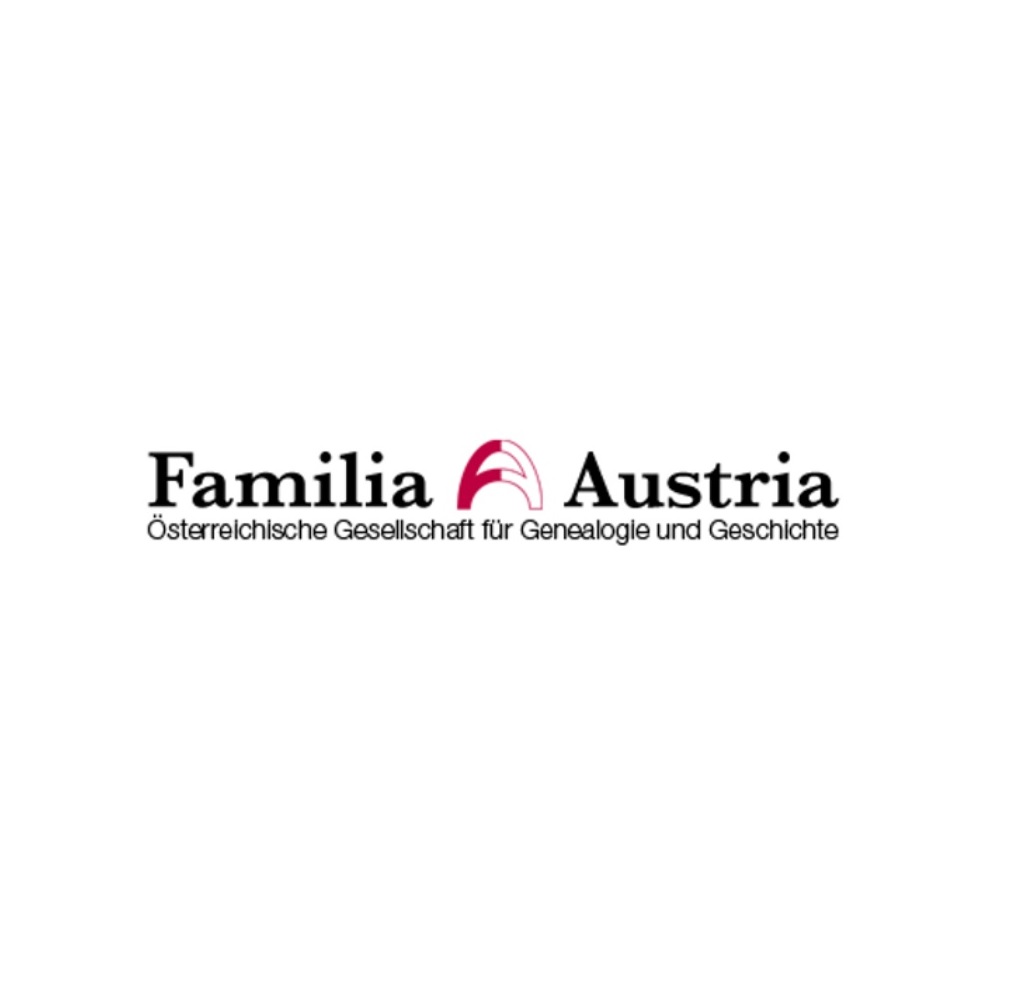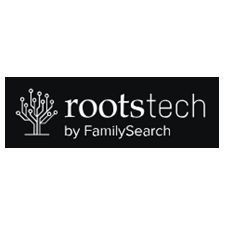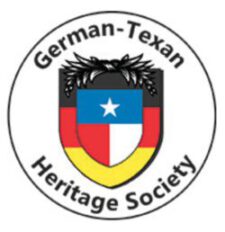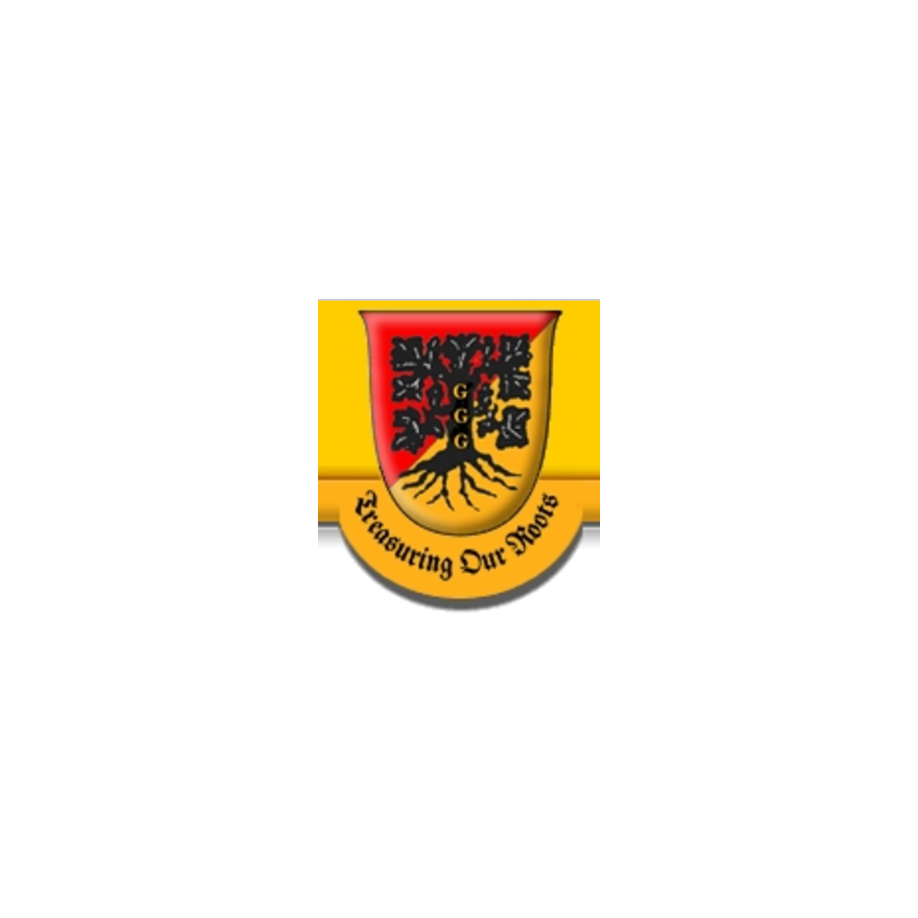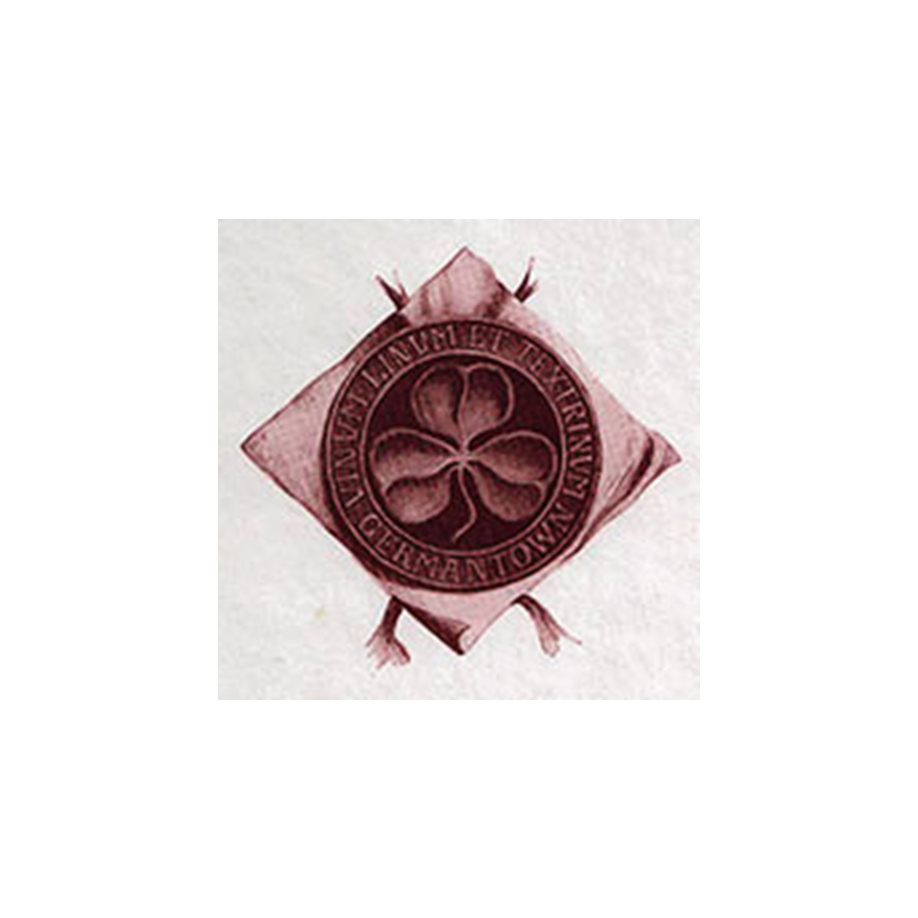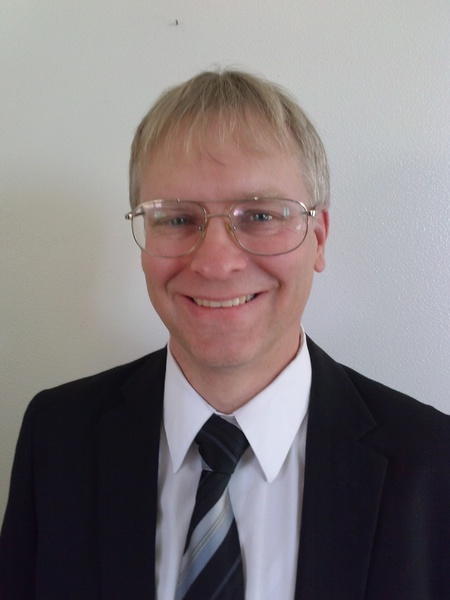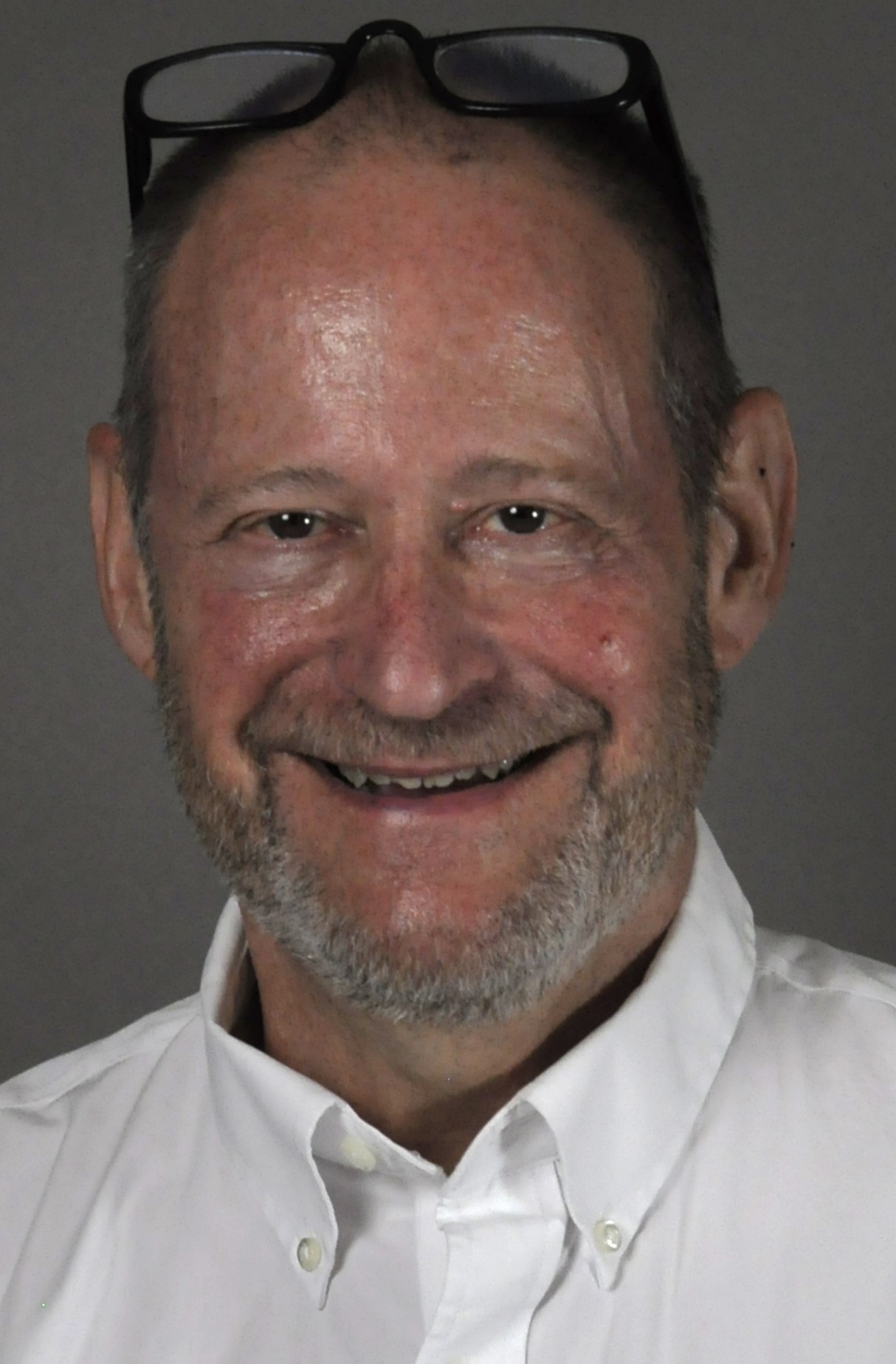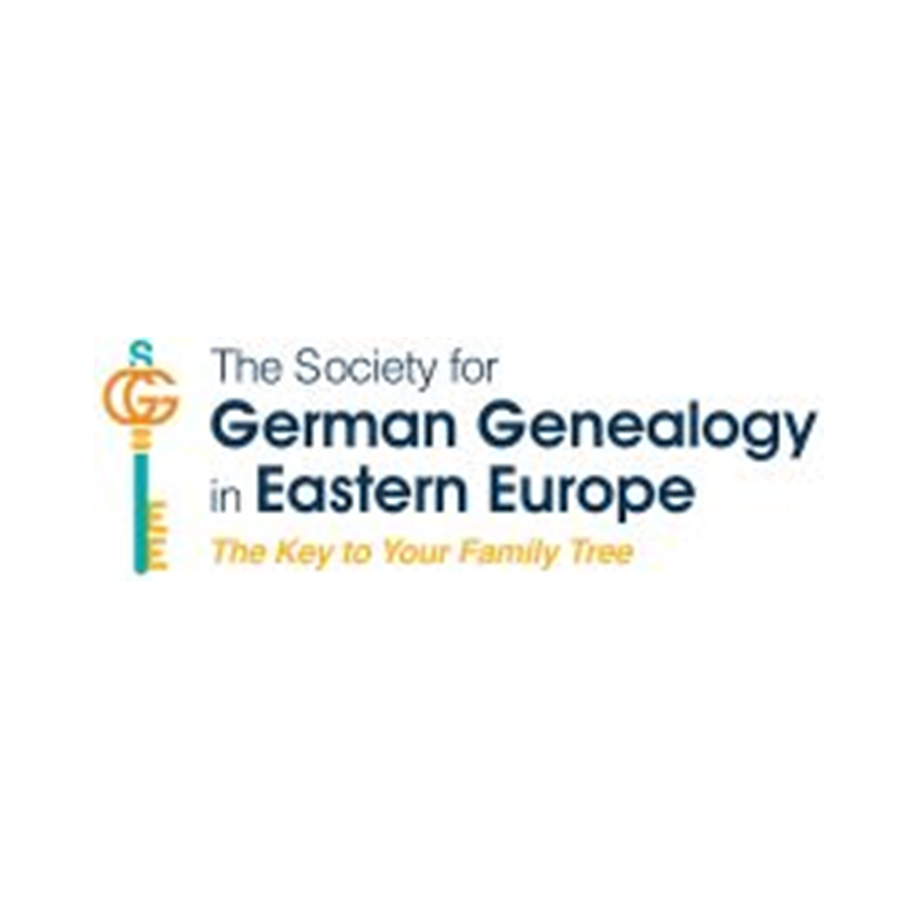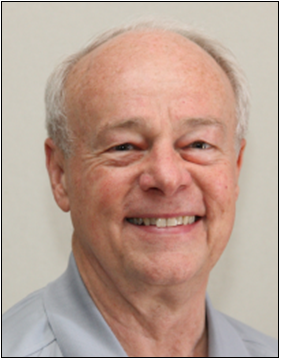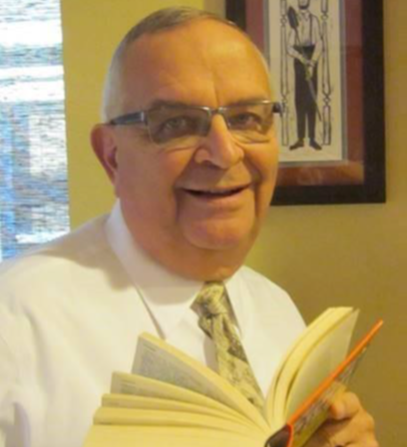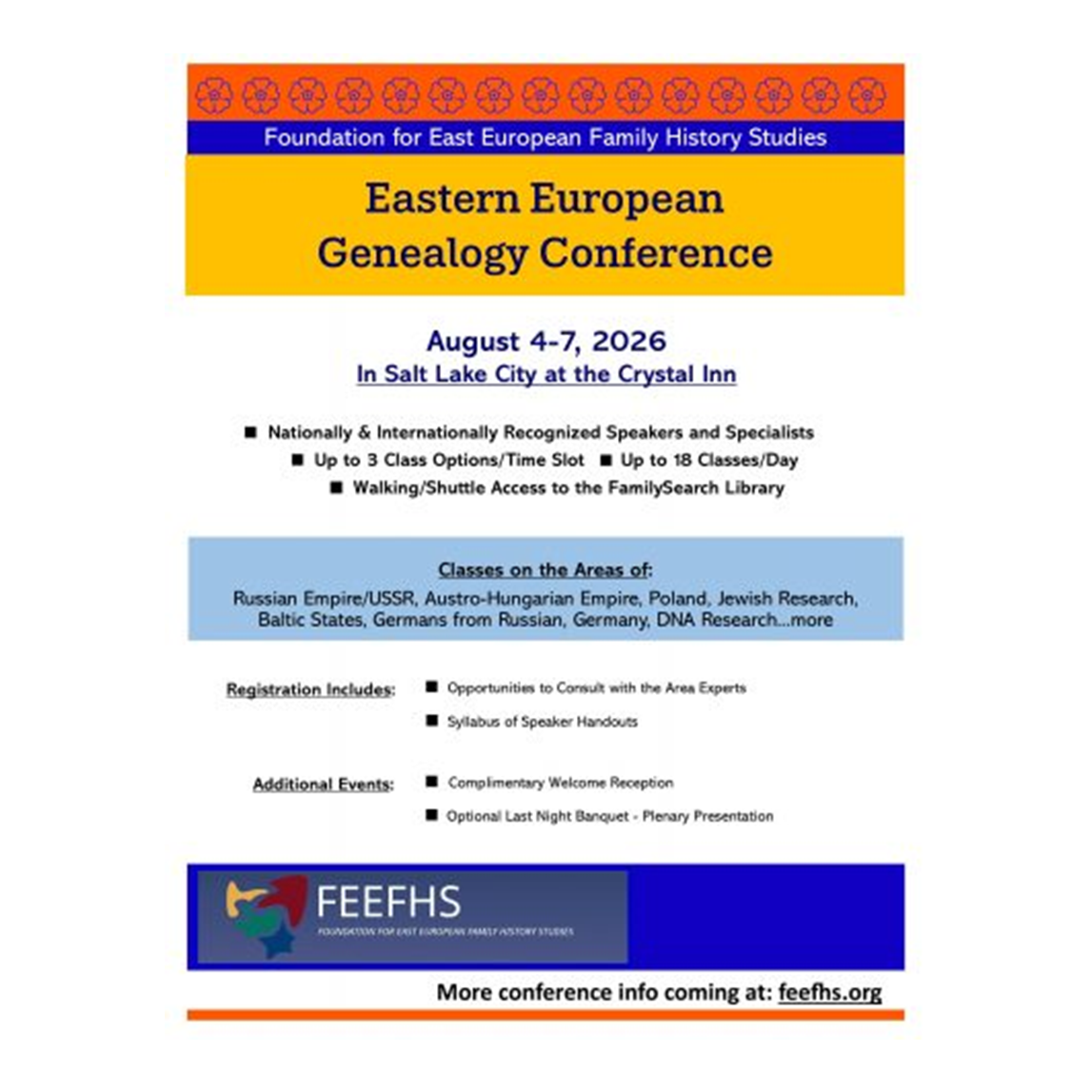
Save the date: FEEFHS conference
This is a partner event. The Foundation for East European Family History Studies (FEEFHS) will hold its 2026 annual conference Aug. 5-7 in Salt Lake City, Utah, with a pre-conference workshop on Aug. 4. This in-person event will take place at the Crystal Inn. Sessions will explore genealogical research across the Russian Empire, Austro-Hungarian Empire, […]


